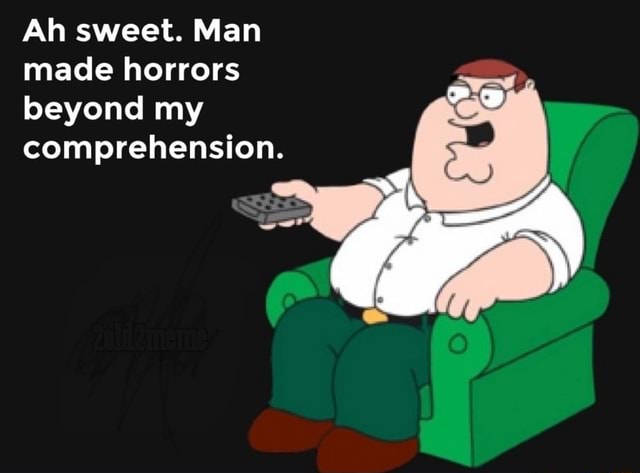No, sorry, you’re wrong. A witch has always been exclusivly female. It‘s a female archetype. (Look it up at C.G. Jung or any relevant research about litterary iconography). Just saying it isn‘t, is no argument. Male performers of witchcraft are called differently (sorcerer, wizzard, even witcher - clearly marked with the male r-morpheme to differenciate) and the forms of witchcraft performed by males also differ largely from the traditional female forms.
Prove me wrong on this, but I doubt you can.
There IS no way out of the dilemma Bambie created here.
It looks like my awareness of Sammy's earlier post has come too late for this reply to be helpful given recent postings, but nonetheless in Neopagan traditions, detached to the other historical usage of the word 'witch,' there is considerable evidence it has been used to apply to males.
There are direct quotes to this end that can be found by looking at the Wikipedia article for 'Neopagan Witchcraft' . For example, the male Roy Bowers declared, "I am a witch descended from a family of witches." Wiccans have used definitions of witchcraft contrary and separate to the historical and anthropological understandings that Sammy is familiar with and has noted. It is possible that Bambie Thug has been influenced by such Wiccan understandings as opposed to other ones.
But outside of this context, 'witch' has not been exclusively female (though this has been virtually true at various times and places and has been actively asserted as such in some contents, i.e. Ancient Rome). There is a relatively famous example: J.R.R. Tolkien has the character of the Witch-king of Angmar, who is male (and is not simply a ruler of female witches). This choice is likely connected to The Saga of Hromund Gripsson
, a legendary Norse saga that features as an antagonist the undead witch-king Þráinn, who again, is not a ruler of witches but a masterful wielder of magic. (Such examples may have helped inform Neopagan redefinitions).
One final note is that if anyone has been thinking, 'what about witch doctors? Aren't they male?' They are different in that the term referred to them being doctors one goes to in response to the work of witchcraft and so etymologically isn't necessarily referring to male witches...but in contemporary societies where witch doctors still exist or are referred to in anthropological context the etymological distinction may well not be something they are aware of and so witch doctors may be thought of as male witches.


